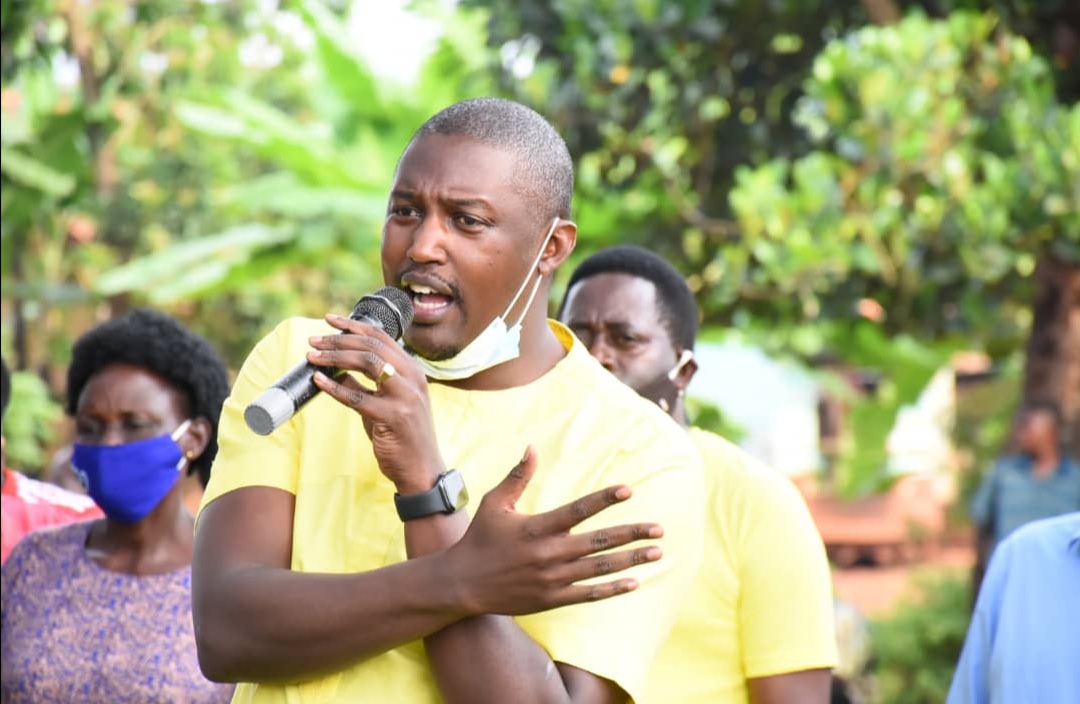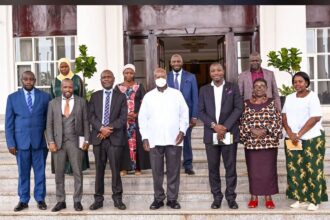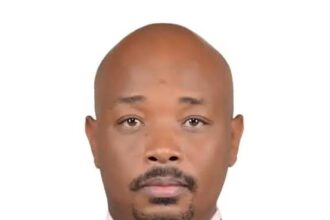Having been part of the ruling government since 1986, John Patrick Amama Mbabazi was dropped from cabinet for the first time in 2014 after falling out with President Yoweri Museveni. He went on to challenge for the presidency in the 2016 general election but lost miserably. He has however made peace with his old ally and a recall into the status quo has been widely mooted.
Mbabazi has highly been tipped to regain his former position as Prime Minister or else replace Vice President Edward Kiwanuka Ssekandi who clearly seems destined for an exit.
Who is Amama Mbabazi?
Amama Mbabazi was born in Mparo Village, Rukiga County, in present-day Kabale District, on 16 January 1949. He attended two of the most prominent educational institutions in Uganda during both the colonial and post-colonial periods: Kigezi College Butobere for his high school education, and Ntare School for his A-Level.
Mbabazi earned a Bachelor of Laws from Makerere University.He received a postgraduate Diploma in Legal Practice from the Law Development Center in Kampala. He is an Advocate of the Courts of Judicature of Uganda and has been a member of the Uganda Law Society since 1977.
Before joining politics, Mbabazi worked as a state attorney in the Attorney General’s Chambers from 1976 to 1978, rising to the position of secretary of the Uganda Law Council from 1977 to 1979.
Between 1986 and 1992, he served as head of the External Security Organisation.
He has also served as Minister of State in the President’s Office, in charge of political affairs.
He later became secretary of the NRM caucus in the Constituent Assembly that drafted the 1995 Uganda Constitution.
Between 1986 and 1992, Mbabazi was Minister of State for Defence. Subsequently, he served as Minister of State for Regional Cooperation from 1998 to 2001. He was Attorney General and Minister of Justice from 2004 to 2006, a feat that earned him the moniker “Super Minister”. He was appointed as Minister of Defence in 2006, a position he held until he was appointed as Minister of Security. He served as Minister of Security from February 2009 until May 2011, when he was appointed Prime Minister.
Mbabazi was Secretary General of the NRM from November 2005 to January 2014.
Mbabazi’s childhood friend Ruhakana Rugunda was appointed to replace him as Prime Minister on 18 September 2014,by President Yoweri Museveni. This move was seen by many as Museveni’s way of punishing Mbabazi for his rumoured presidential run. On 15 June 2015, Mbabazi declared his intentions to run against Yoweri Museveni for the National Resistance Movement nomination for president at the party’s convention on 4 October 2015.
This declaration was followed by a response from President Museveni who dubbed it “bad conduct and premature”.
On 31 July, after much disagreement between top-ranking party officials and Mbabazi himself, the former Prime Minister declared he would stand as an independent candidate. His candidature was backed by The Democratic Alliance (TDA), a loose convergence of minor political parties working to win the position of presidency.
In the 2016 general election Mbabazi received 1.39% of the vote, placing third.
Mbabazi has represented Uganda in international fora, including the United Nations Security Council, where he argued for the international community to allow the Uganda People’s Defense Force to pursue the Lord’s Resistance Army fighters into the Democratic Republic of the Congo.
Do you have a story in your community or an opinion to share with us: Email us at Submit an Article







